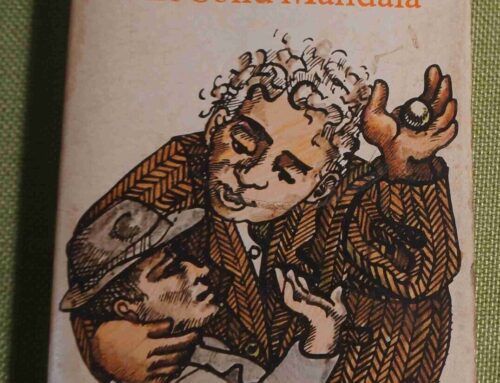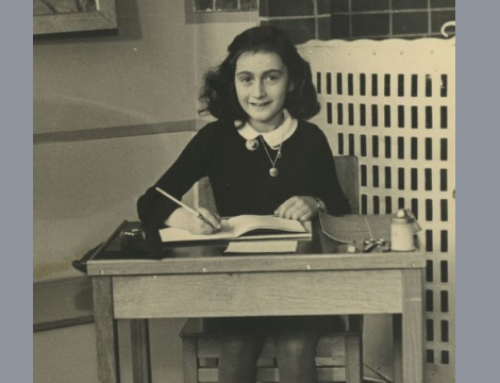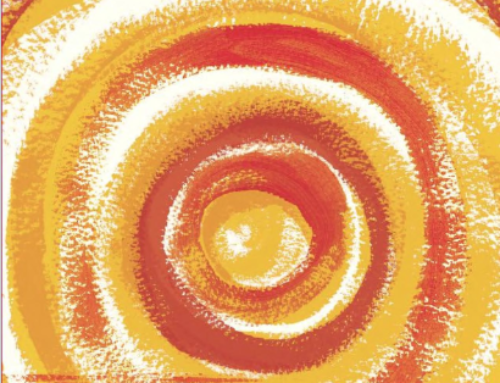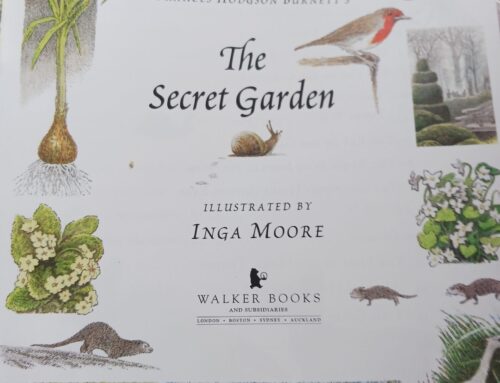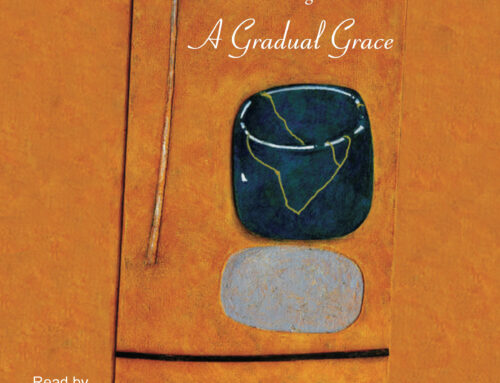This memoir was recommended to me by my daughter. She said one of the things she loves about it is the way the author, Sarah Senilles, weaves in reflections on family and kinship in indigenous cultures and nature — birds, trees, animals. Also snippets from history, theology and mythology. And the injustices done to parents and children in detention, slaves, people of colour, American Indians.
I have a divided opinion of the book. I admire and am moved by the power of the prose in the narration of the personal story of fostering/would-be adoption that ends in separation and loss, the nakedness of conflicting emotions, the rawness and immediacy of the dialogue and narrated encounters with bureaucrats, social workers and ordinary people caught up in the system, and the honesty of the ending, which leaves us with no sense of resolution, just the ache of longing and loss and unknowing. I resist and am distracted by the other narrative thread, the philosophical, moral, meditative wonderings.
The subject is exactly what the title says. The statement veils two questions: How do/can we care for strangers? How do/can we love what is not our own? The implicit answer that is driven home through the painful narrative of failed desires is that all care is stranger care, all that we love is not ours… except, perhaps, ourselves. The dominant narrative of motherhood in our civilisation is that it is biological, and that surrogate motherhood or parenthood, through adoption, fostering, or informal arrangements, is not natural, is fraught with risk, and should be regulated by the state or its officers. This is, as the philosophical thread keeps reminding us, a human construction that denies the connections that are present everywhere in nature and in indigenous cultures.
Towards the end of the story, the narrator remembers the title of the first book she ever read to the baby, Coco: You Belong Here.
You belong to sky. You belong to trees. You belong to music. You belong to laughter. You belong to gardens and prairies and mountain. You belong to rock. You belong to valleys. You belong to wildflowers. You belong to oceans and creeks and rivers. You belong to elk and buffalo and antelope and moose and hawk and hummingbird and vulture. You belong to bee and butterfly and spider. You belong to moon and sun and clouds and stars.
You were never ours, yet we belong to each other.
This lyrical passage alone says it for me. I don’t find it necessary to elaborate on it with examples from other stories. Yet, what it doesn’t say but implies is that for humans, there needs also to be a personal connection, a safe circle of love and recognition within which the child can grow (we belong to each other) and reach out into wider circles of connection.
Throughout, Sarah struggles to find wider meaning in what is happening to her and wrestles with her own stress, grief, fear and powerlessness. Her husband Eric, a reluctant partner in parenting, falls as deeply in love with Coco as Sarah does, and they joy together in Coco’s growth and personality and cry together when the loss of her becomes inevitable. The policy of the Department of Health and Welfare in Idaho, where they live, is that children should be reunified with their biological families. This policy is pursued even when the biological parent(s) are unsafe or at high risk of relapse, if not already relapsed, into addiction etc., as this personal story narrates.
Gradually, Sarah and Eric accept that Coco will be returned to her mother, Evelyn. Sarah moves from wanting Evelyn to fail in her struggle to be free of addiction and to get her life on track to loving her and sharing the joys and pains of motherhood with her. The couple get involved in the struggle between Evelyn and Coco’s father, Cody, who is addicted and unhinged and violent to Evelyn. In the end, they have to accept that they have no power to rescue Coco, that their struggle to regain her may be putting her at risk, and they retreat. Though they still hope to ‘bring her home’.
The story itself is heartbreaking and powerfully told. The philosophical narrative, for me, is another level of discourse that distracts from the human story. Which is not a criticism of the proposition that is reflected upon: that all created beings and things are connected.
For my part, if other discourses are woven into memoir, it needs to be done lightly, like seasoning in a recipe; too much will make the story unbalanced and may leave the reader with a sense of division and swing the focus more to the cerebral theme than the deep, embodied, human one.
I’m aware I may be in a minority. Many reviewers have lauded this book for the very thing I am questioning.
